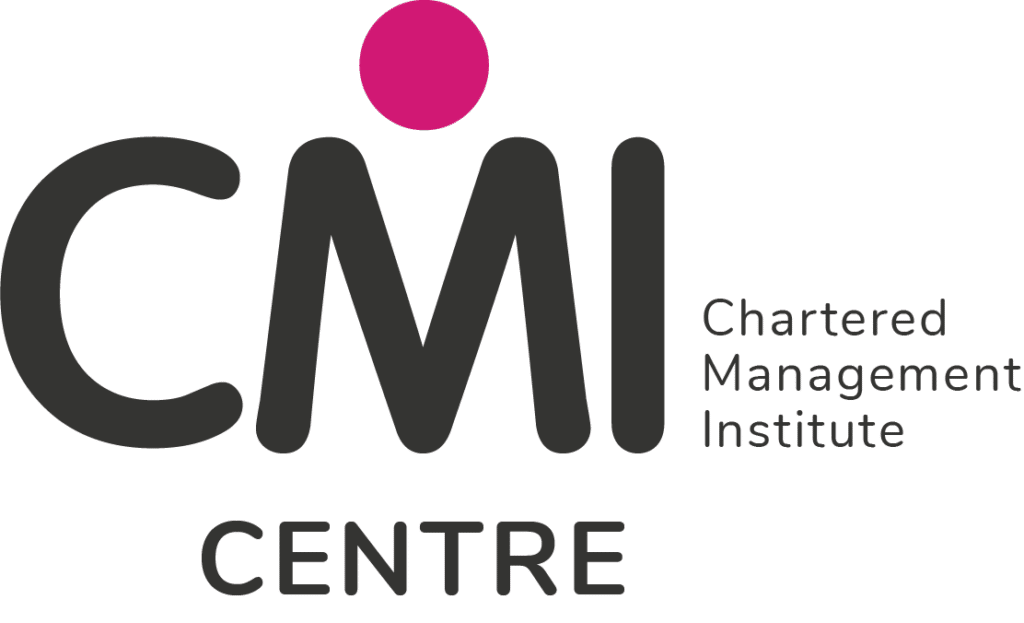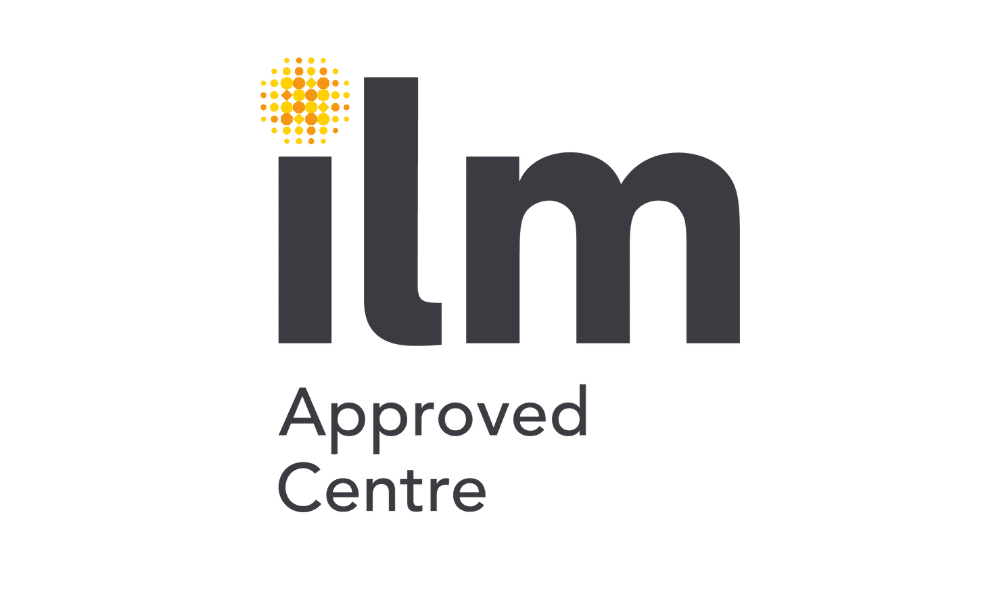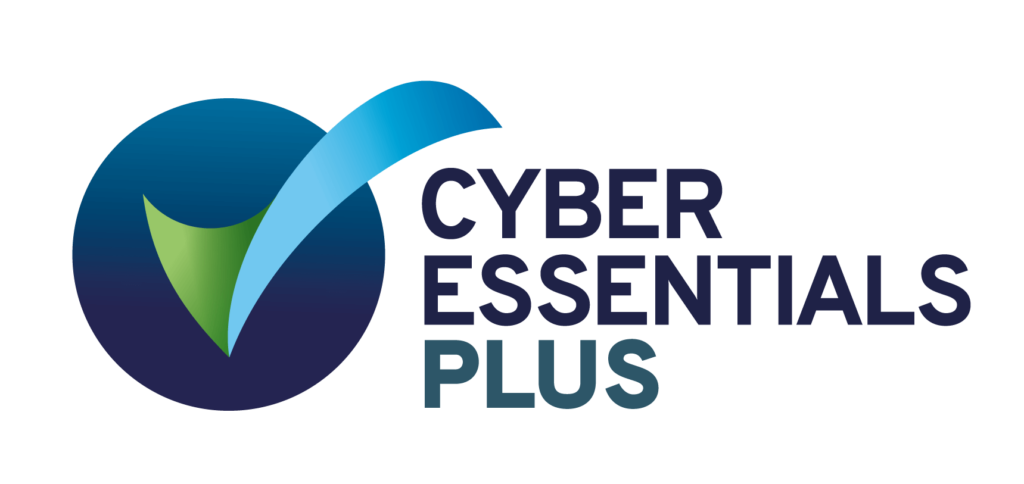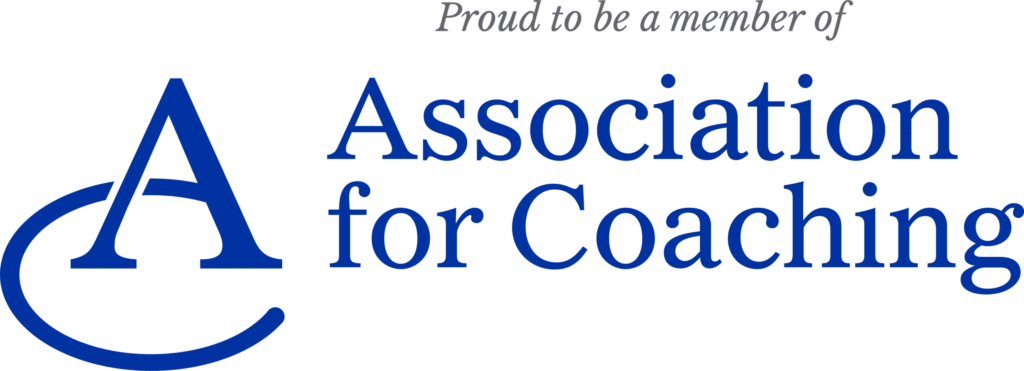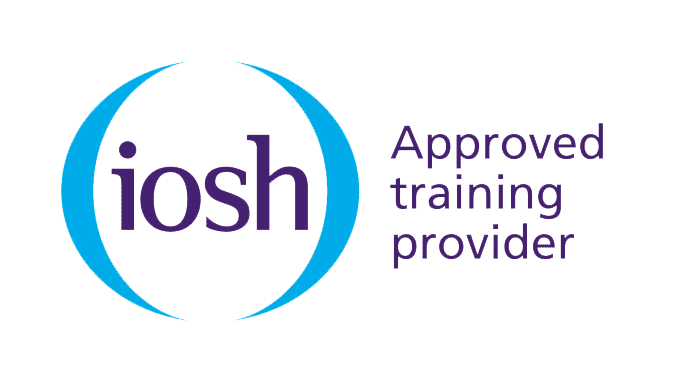Depending on who you ask, today is ‘Blue Monday’, a day claimed by many, due to factors including weather conditions, amount of sleep and the struggle to maintain New Year’s resolutions or January commitments, to be the ‘most depressing’ day of the year.

Whilst the ‘calculation’ of Blue Monday is widely acknowledged as nonsense, it is true that many people find a number of things affecting their happiness at the start of the year; whether it’s stress from the amount (or lack) of work that January brings or concerns about the dwindling mid-December paycheque.
We often attribute our level of happiness to external factors, and there is an implied link between happiness and ‘success’: the more successful we are, the happier we will be.
Shawn Achor, a vocal advocate of positive psychology, argues that we should flip this narrative and take strides to increase our own happiness because, in fact, if we are happy, we are more likely to be successful. He says that the happier we are, the likelier we are to do the things that successful people do – i.e. work hard, stay committed and maximise productivity.
According to Achor’s book – The Happiness Advantage – our brains are 31% more productive when we’re in a positive frame of mind than when we’re negative, neutral or stressed.


So, we don’t have to wait until we start achieving our goals to allow ourselves to be happy. Instead, taking more responsibility for our own happiness can help us achieve our goals.
Ups and downs are inevitable in life, so trying to increase your happiness by avoiding the downs is impossible. It’s better instead to focus on what you can learn from how you negotiate and experience the downs. As the saying goes: a calm sea never made a skilled sailor.
Overcoming and coping with life’s challenges gives us the strength and experience to be confident that we can deal with future challenges. As easy as it can be, avoid blaming bad circumstances or unfortunate events for ‘denying’ you your happiness.

In this vein, Achor says that external events are responsible for 10% of our long-term happiness, whilst the remaining 90% is rooted in the way that our brains process the world and events around us. Therefore, if we can change the ‘lens’ through which we see the world, we can take control of the majority of our own happiness.

A useful tool to consider is the equation E + R = O, where an external Event combines with our internal Reaction to produce the Outcome.
As soon as an event has occurred, it is fixed and in the past. We cannot change the events, therefore, but we can change our reaction to them, and our reaction has just as big a contribution to the outcome as the nature of the event itself.
Emotional Intelligence and Mindfulness, which can both be learned and practised, increase our ability to control our Reaction to Events, which increases our ability to define the Outcome and, in turn, the Outcome’s effect on our happiness.
So, if you are feeling ‘blue’ this week, remember that your personal happiness isn’t an abstract concept that may or may not arrive with ‘success’, and only a fraction of it is beyond your control and dictated by the events we experience as we go through life. Instead, it is something that, with practice and effort, we can increase ourselves.
To arrange an informal, exploratory chat about your training requirements, talk to us now.
